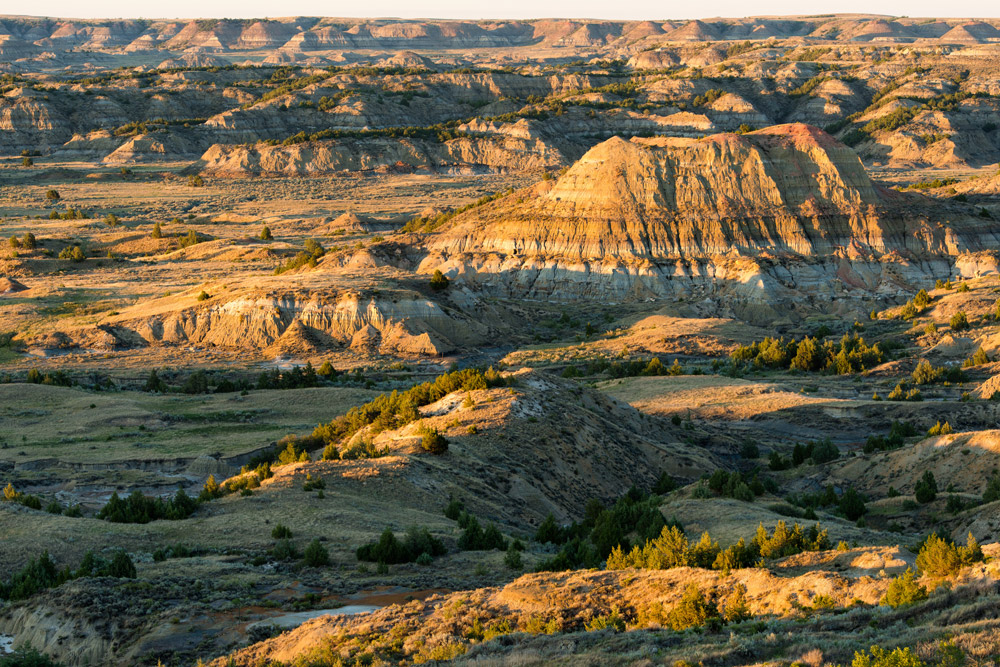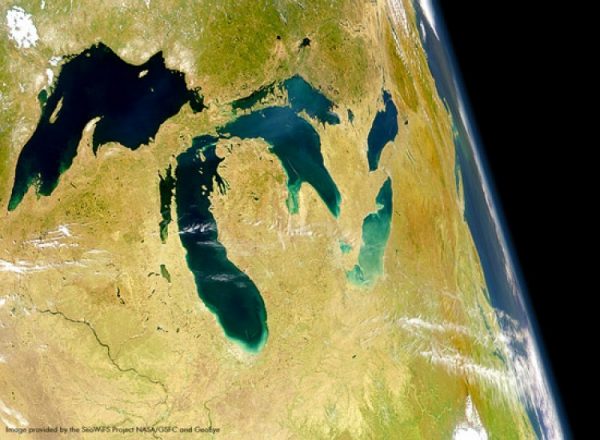


The North Dakota House of Representatives passed a personhood bill on Feb. 2, declaring humans superior to animals, environmental elements, artificial intelligence, inanimate objects, corporations, or governmental entities.
The measure, HB 1361 (pdf), passed by a vote of 87–7. The bill was sponsored by Republican Cole Christensen.
“The people on the committee were like, ‘Is this really necessary?’ And I said, ‘Unfortunately, it is,’” Christensen told The Epoch Times. He shared with other lawmakers some of the news he has seen out of the World Economic Forum and other places, indicating that the idea of granting non-humans the status of persons is being increasingly promoted or implemented.
For example, in 2021, the Magpie River in Quebec—known by the indigenous Innu nation as Muteshekau-shipu—became the first river in Canada to be granted personhood rights.
The Innu Council of Ekuanitshit and the Minganie Regional County Municipality declared the river a legal person. The move assigned the river nine rights, including the right to flow and to maintain its biodiversity. It also allows for legal guardians responsible for ensuring these rights are respected, a 2021 joint press release (pdf) from the Muteshekau-shipu Alliance and the International Observatory on the Rights of Nature said.
Personhood comes with rights. Rights can be protected in court or government policy.
The Global Alliance for the Rights of Nature (GARN) aims to create legal systems that stop treating nature as property under the law, and recognize, respect and enforce the rights of nature, says its website, where it keeps a list of “movement milestones” in an annual timeline.
An essential step in achieving this is to create a system of jurisprudence that sees and treats nature as a fundamental, rights-bearing entity and not as mere property to be exploited at will, the website says.
In 2018, Crestone, Colorado became one of the first cities in the United States to legally acknowledge the “rights of nature,” with the adoption of its Rights of Nature Resolution, which stated that “nature, natural ecosystems, communities and all species possess intrinsic and inalienable rights which must be effectuated to protect life on Earth.”
In 2021, the White Earth Nation of Ojibwe sued the Minnesota Department of Natural Resources in tribal court on behalf of wild rice after an oil pipeline company was allowed to pump massive amounts of ground water, risking the wild rice in lakes. In 2018, White Earth leaders had adopted a tribal law recognizing the rights of wild rice—known as manoomin in Ojibwa—to exist and flourish (pdf).
In 2022, the New York legislature introduced a bill giving rights to the Great Lakes ecosystem. The bill, which aimed to create a “Great Lakes bill of rights,” did not move out of committee, but if enacted, it would have covered an enormous area.
“The Great Lakes ecosystem, the Great Lakes, and the watersheds that drain into the Great Lakes and their connecting channels, shall possess the unalienable and fundamental rights to exist, persist, flourish, naturally evolve, regenerate and be restored by culpable parties, free from human violations of these rights and unencumbered by legal privileges vested in property, including corporate property,” says the proposed legislation from New York state Assemblyman Patrick Burke, a Democrat.
The North Dakota bill affirms that “an individual’s rights are superior and not equal to environmental elements, artificial intelligence, animals, inanimate objects, corporations, or governmental entities. Environmental elements, artificial intelligence, animals, inanimate objects, corporations, or governmental entities may not be granted personhood in the state or any right personhood entails.”
It is easy to find examples of human rights being assigned to nonhumans, in the United States, and around the world. However, if HB 1361 passes the state Senate, this will not happen in North Dakota.

